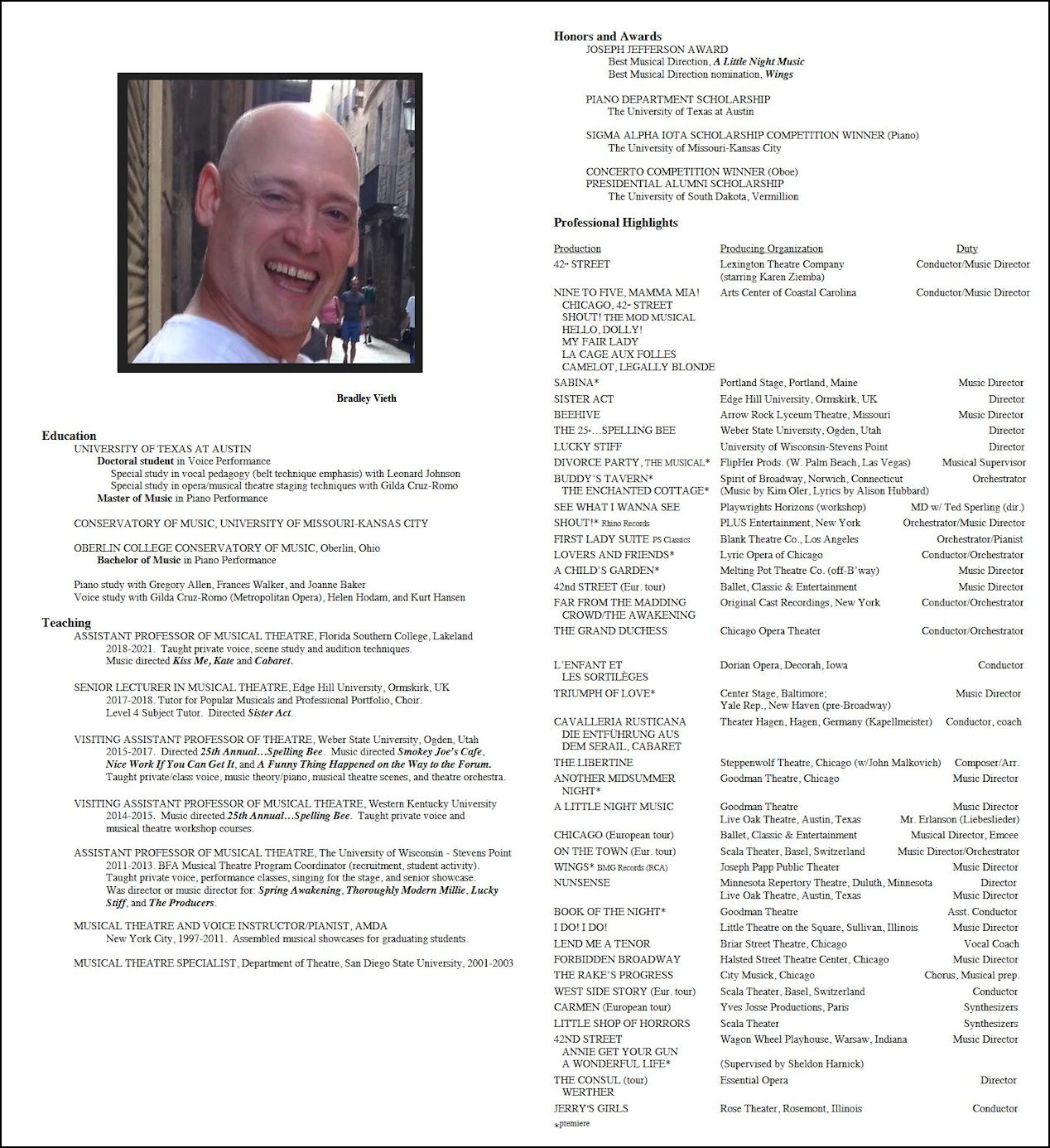
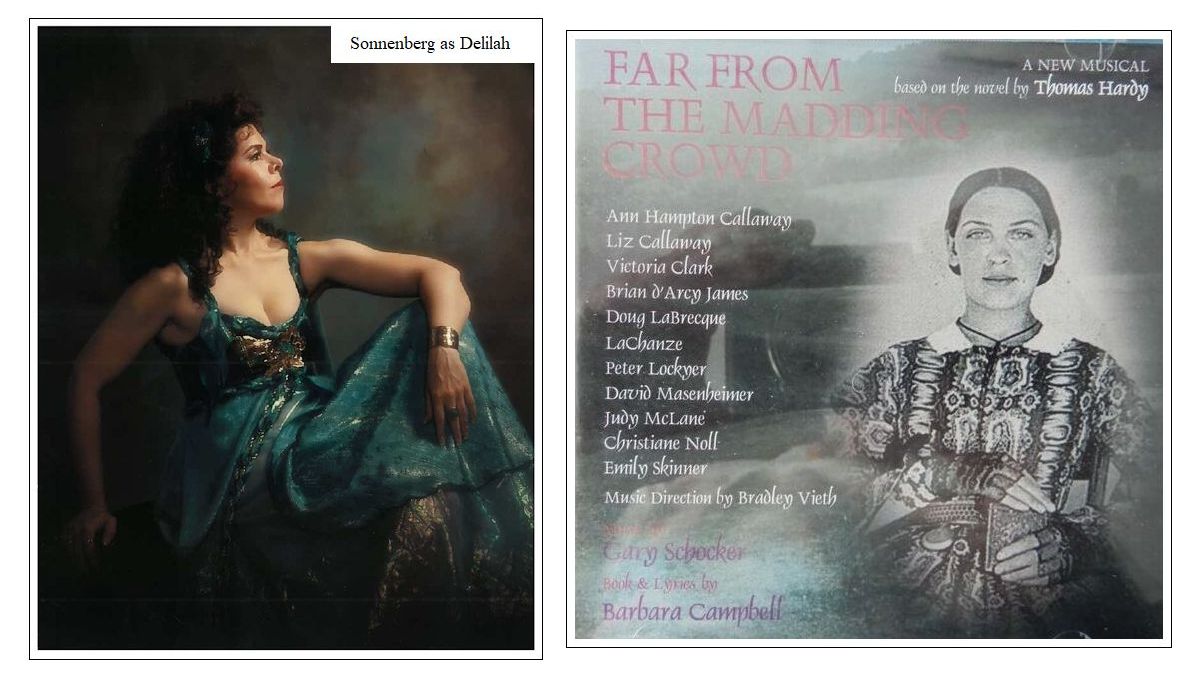
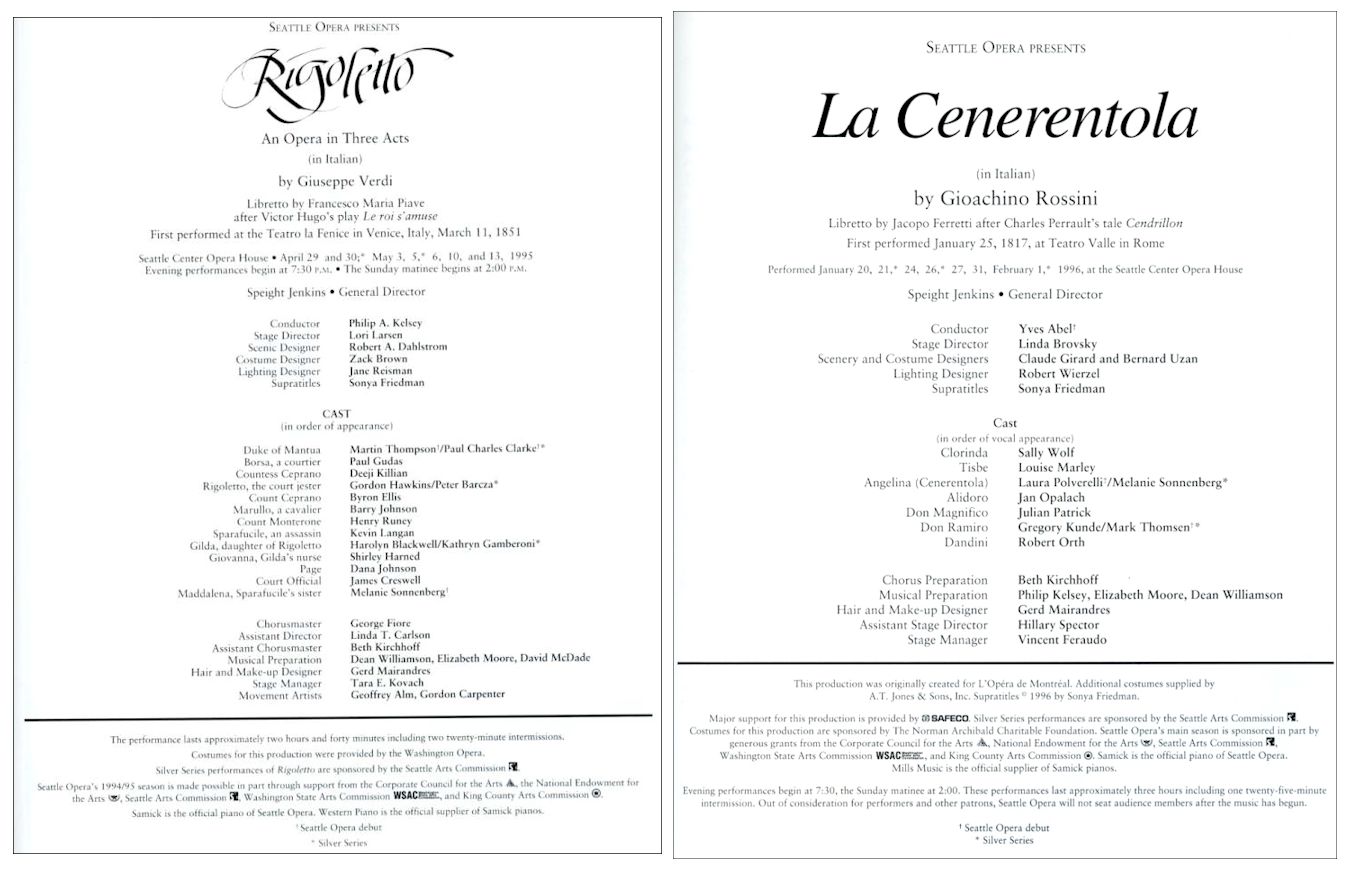
See my interviews with Linda Brovsky, Julian Patrick, and Robert Orth
In order to understand what is being discussed
in this interview, here is a brief preview by Ted Shen which appeared in
the Chicago Reader.
In updating Jacques Offenbach’s delectable satire The Grand Duchess of Gerolstein, Chicago Opera Theater’s Carl Ratner has picked a rich contemporary target: Leona Helmsley. Like the title character in the original opera bouffe, she’s an impetuous despot–the “Queen of Mean”–who rules over a tiny principality, New York’s Palace Hotel. Her humble subjects are the maids and bellboys, and she too is threatened by a powerful enemy, the IRS. In the Offenbach, the duchess falls in love with Fritz, a foot soldier, and quickly promotes him up through the ranks to the dismay of her ministers; in the Ratner version Leona lusts after Fritz, a bellhop, to the chagrin of her managerial staff, while keeping the wealthy suitor Harry at bay. What remains to be seen is how Ratner’s adapted the original libretto’s razor-sharp swipes at mid-19th-century petty autocrats, their jaded manners and jingoism. Offenbach, who wrote the original for the Paris Exhibition in 1867, had to battle censors who thought the duchess was Russia’s man-crazy Catherine the Great. Ratner, under no such pressure from Leona and her ilk, only has to battle claims that the Reagan '80s is a straw man. Musically, however, he’s taking some risks, notably making the orchestra part of the action, as the lounge band onstage: while the slightly reduced ensemble might be all right for more courtly numbers, it could water down the bombastic silliness so crucial to the first act. For this production, Ratner, who also directs, has recruited mezzo-soprano Melanie Sonnenberg, a veteran of the national musical-theater circuit, for the title role. Tenor James Doing is Fritz, and baritone Michael Sokol plays General Boom (from the original’s Boum), a warmongering buffoon who sings a tongue-twisting, onomatopoeic personal theme song. Bradley Vieth, who has conducted a number of musicals for the Goodman, is in charge of the music, which ranks among Offenbach’s most tuneful and biting. Performances are at the Merle Reskin Theatre, 60 E. Balbo. TED SHEN
Reader June 5, 1997
|

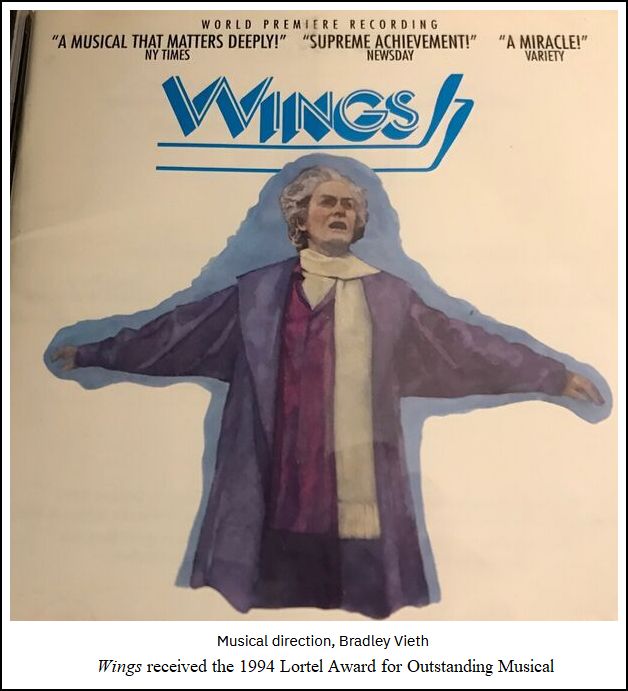
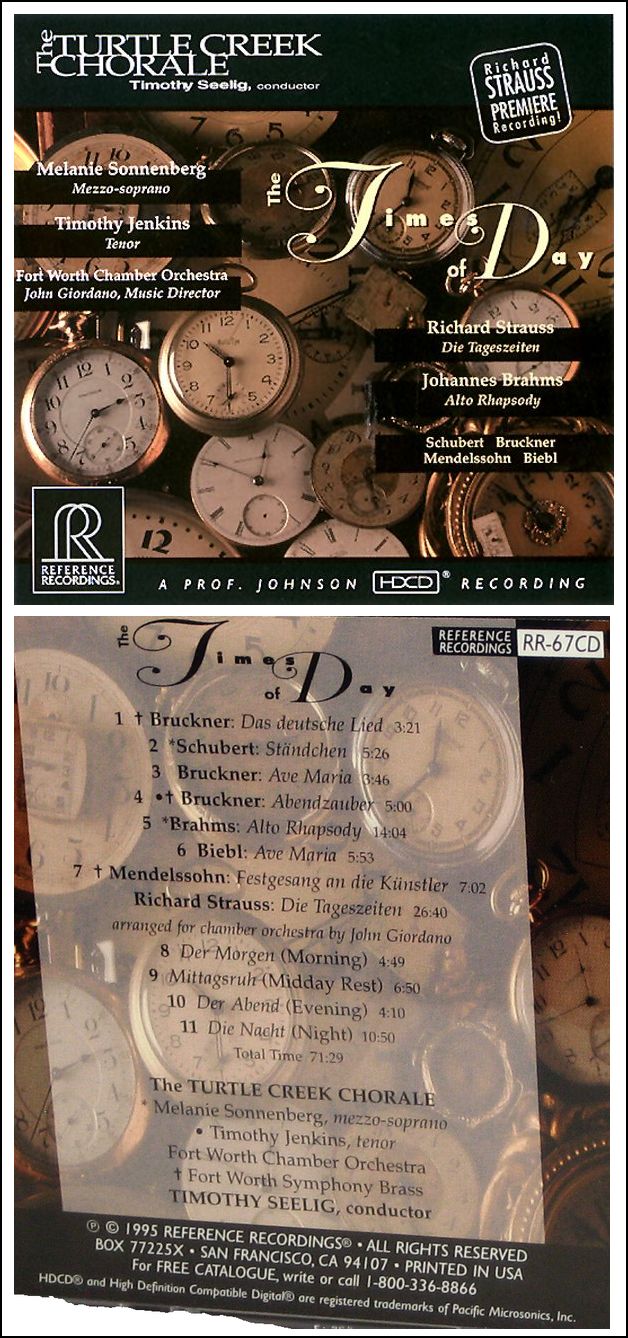
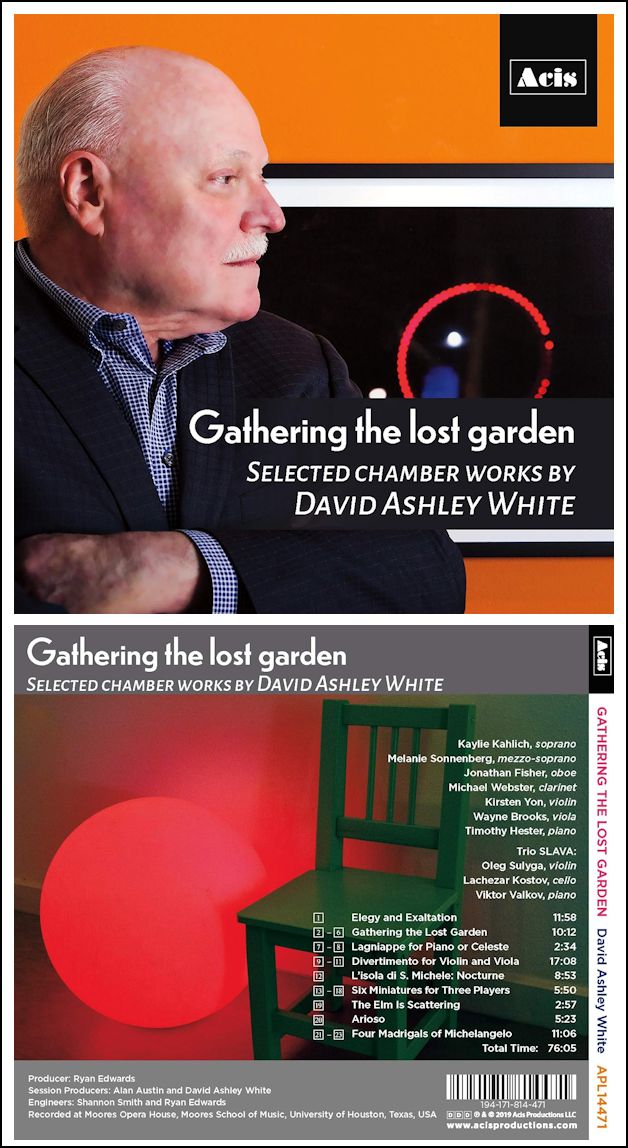
© 1997 Bruce Duffie
This conversation was recorded in Chicago on May 24, 1997. Portions were broadcast on WNIB the following week. This transcription was made in 2023, and posted on this website at that time. My thanks to British soprano Una Barry for her help in preparing this website presentation.
To see a full list (with links) of interviews which have been transcribed and posted on this website, click here. To read my thoughts on editing these interviews for print, as well as a few other interesting observations, click here.
Award - winning broadcaster Bruce Duffie was with WNIB, Classical 97 in Chicago from 1975 until its final moment as a classical station in February of 2001. His interviews have also appeared in various magazines and journals since 1980, and he now continues his broadcast series on WNUR-FM, as well as on Contemporary Classical Internet Radio.
You are invited to visit his website for more information about his work, including selected transcripts of other interviews, plus a full list of his guests. He would also like to call your attention to the photos and information about his grandfather, who was a pioneer in the automotive field more than a century ago. You may also send him E-Mail with comments, questions and suggestions.